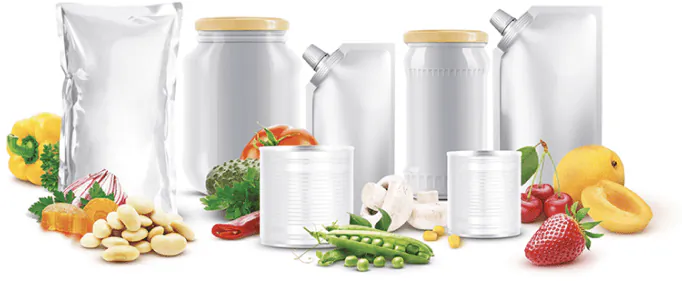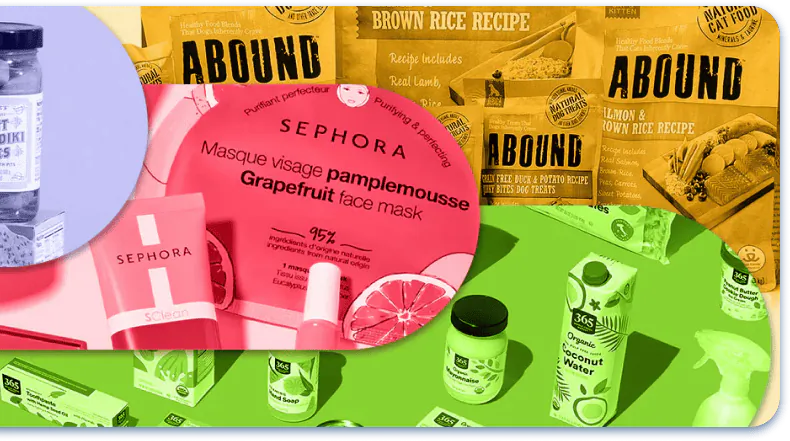Find Verified Private Label Manufacturers


What is Private Label?
What are Private Label Manufacturers?
Private label manufacturers are companies that produce goods for other companies under those companies' brands, rather than their own. They cater to a wide range of industries, offering flexibility in product development, faster market entry, and cost efficiencies for retailers and brand owners. By outsourcing manufacturing to private label manufacturers, businesses can focus on marketing, distribution, and brand management while leveraging the manufacturing expertise and capacity of specialized suppliers.
These manufacturers handle everything from sourcing raw materials to final packaging, adhering strictly to the specifications provided by their clients. This arrangement allows retailers and brand owners to offer exclusive products tailored to their target market's needs and preferences. Private label manufacturing not only enhances product diversification but also enables brands to maintain competitive pricing strategies and capitalize on consumer demand for unique, branded products across various sectors.









How Private Label Works?
Private label works by allowing retailers or brand owners to partner with private label manufacturers who produce goods according to the retailers' specifications and branding requirements. The manufacturer handles production, quality control, and packaging, while the retailer focuses on marketing, distribution, and customer engagement. This model enables retailers to offer unique products under their own brand names without the need for extensive manufacturing infrastructure, thereby increasing flexibility, reducing costs, and enhancing brand differentiation in the marketplace.
Private label works by allowing retailers or brand owners to partner with private label manufacturers who produce goods according to the retailers' specifications and branding requirements.
What are the Benefits of Private Label?
The benefits of private label manufacturing include cost savings through reduced overhead and production costs, flexibility in product development and customization, faster time-to-market, control over branding and marketing strategies, and the ability to offer unique products that differentiate the retailer or brand owner in the competitive marketplace.
What is Private Label vs White Label?
Private Label
Private label products are specifically manufactured for a single retailer or brand owner, allowing them to control aspects like product specifications, branding, and marketing. This approach often involves customization to meet the retailer's specific requirements, creating a unique offering that sets them apart in the market. For example, supermarkets often sell private label food products that are manufactured according to their exact specifications and sold exclusively under their brand names.
White Label
White label products are generic goods produced by manufacturers and offered to multiple retailers or brand owners who then rebrand them as their own. These products are typically standard and not customized for a specific retailer, allowing for broader distribution under different brands. White label arrangements provide flexibility for retailers to quickly expand their product offerings without the upfront investment in manufacturing facilities or product development.
How to Start Your Own Private Label Business?
To start your own private label, begin by identifying a niche market or product category where you see demand and potential profitability. Research your target audience and competitors to understand market trends and consumer preferences. Next, source reliable manufacturers or suppliers who can produce your products according to your specifications and quality standards. Develop a strong brand identity, including packaging and marketing materials that resonate with your target market.
Once you have your products manufactured and branded, establish distribution channels such as online platforms, retail stores, or wholesalers to reach your customers. Focus on building brand awareness through effective marketing strategies, customer feedback, and continuous improvement of your product offerings to ensure long-term success in the competitive marketplace.

How to Get Listed as a Verified Private Label
Manufacturer on Torg?
To get listed as a verified private label manufacturer on Torg, you first need to visit the Torg website and navigate to the registration or sign-up section for manufacturers. Complete the registration form by providing all the necessary information about your company, including your business name, contact details, and a detailed description of your manufacturing capabilities and product offerings. You will also need to upload relevant documents that verify your business, such as your business license, certifications, and proof of compliance with industry standards. This documentation helps Torg verify your legitimacy as a private label manufacturer.
After submitting your registration, Torg will review your application and the supporting documents you provided. This process may take some time as they verify your credentials and assess your suitability for listing. Once your application is approved, Torg will list your company as a verified private label manufacturer on their platform. This verification can enhance your credibility and visibility to potential clients looking for private label manufacturing services, helping you to attract more business opportunities.

